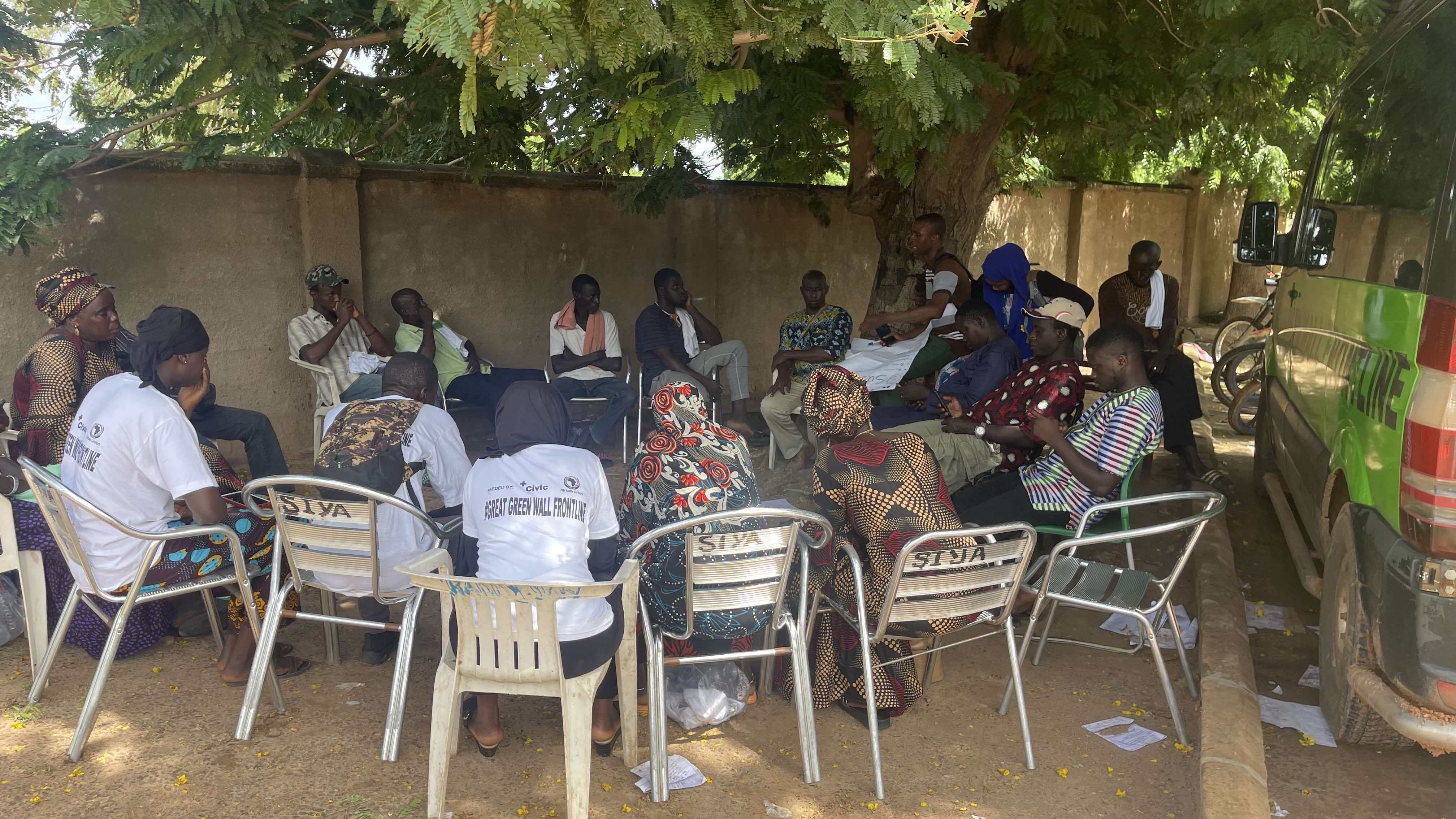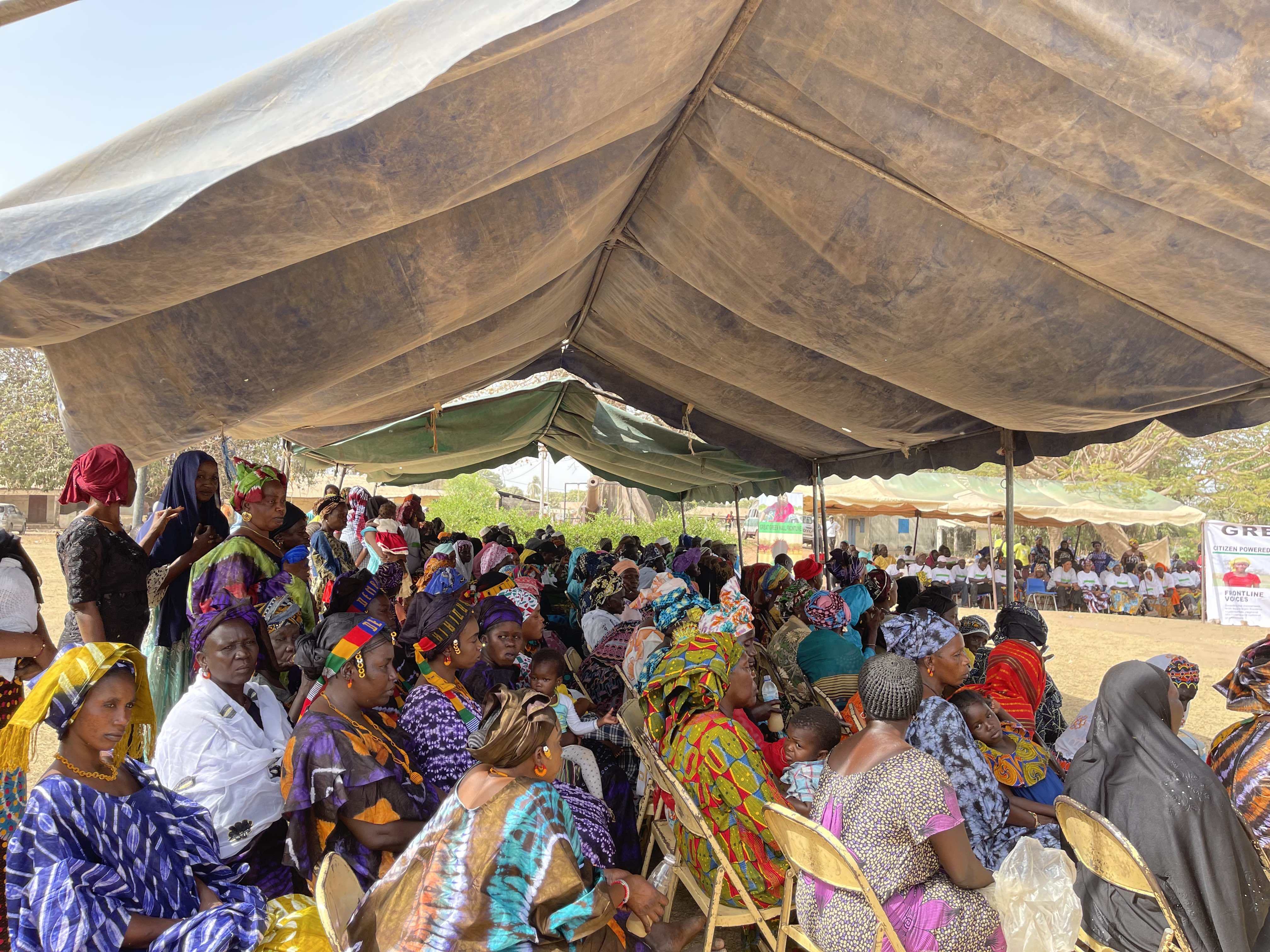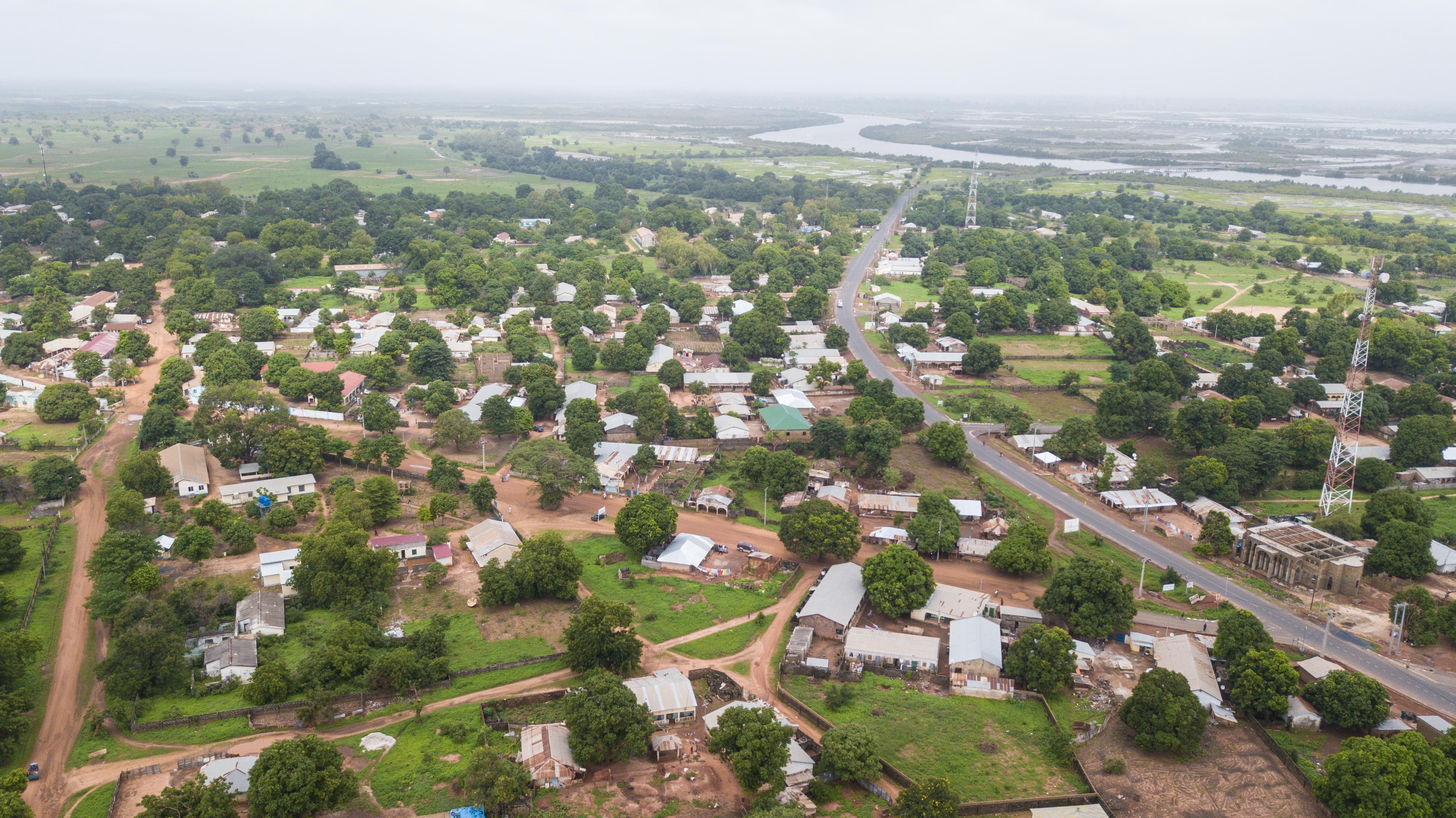“It is imperative to centre Indigenous voices from the outset, recognising not only that they bear the disproportionate burdens of climate change but also that they possess invaluable ancestral knowledge and wisdom that can guide us toward effective and sustainable stewardship. By finding new ways to work together, we can unlock the power of deep collaboration, address the interconnected ecological, social and economic challenges, and co-create solutions for both people and nature. This Citizen’s Assembly will be a vital step towards innovating and scaling systemic interventions that serve frontline communities in the most holistic way.“”
For this collaboration, DemocracyNext will collaborate with the international non-profit Civic and their local team based in The Gambia to design and implement a Citizens’ Assembly as part of a larger effort across the Sahel region known as the Great Green Wall initiative, together with the African Union. This assembly builds on Civic’s ongoing work in The Gambia over the last two years, which included seven assemblies in multiple districts across the country. The project involves tackling large-scale land degradation by building green infrastructure across the width of the African continent through the restoration of local ecosystems and sustainable farming techniques to ensure that subsistence farmers can continue making a living off the land. Kerewan, where the assembly will take place, is the administrative centre of the North Bank Region.

So far, Civic's primary role has been to act as a convener, working closely with Maimuna Jabbie, Executive Director, Great Green Wall Frontline. Civic's broader vision involves replicating this model across various communities in The Gambia and other countries across the Sahel facing similar challenges. By fostering community engagement in decision-making processes related to community planning and ecosystem restoration, the intention is to create a sustainable framework for other ongoing and future projects.

October 2024 - January 2025: All cities in the cohort will follow a 9 module Citizens' Assembly Learning Programme to build their knowledge and capacity to deliver an assembly in their context.
Early 2025: DemocracyNext will run an assembly design workshop to discuss and decide on the specific elements for the whole process (sortition, framing the question, number of assembly members etc.).
2025: The assembly will take place some point in 2025.
“Civic and the Great Green Wall Frontline movement is thrilled to collaborate with DemocracyNext to host a Citizen’s Assembly in Kerewan for restoring the fragile ecosystems of The Gambia's North Bank Region. We believe that a multi-stakeholder, democratic approach is key to successfully navigating the complexities of large-scale ecosystem restoration.
Collaborators: Civic / Great Green Wall Frontline
Country: The Gambia Regional Population: ∼225.000
Kerewan, located 60 km from The Gambia’s capital, Banjul, is the administrative seat of the Kerewan Local Government Area (LGA) - an area known for its rich cultural heritage and community-oriented governance. The town and surrounding areas are governed by the Kerewan Area Council, which emphasizes transparency and community participation in decision-making processes. Traditional leadership, including the Alkalo (village head) and Seyfo (district chief), plays a vital role in the community.

The Alkalos work in collaboration with the Kerewan Area Council to ensure the effective governance and development of their respective villages. They serve as the link between the local government and the village communities, representing the interests and concerns of their people. The Alkalo system is deeply rooted in Mandinka culture and tradition, and it continues to play a crucial role in the local governance of Kerewan and the North Bank Region of The Gambia. In Kerewan, the governance structure incorporates both traditional and local government elements, with Village Chiefs, known as Alkalos, playing a significant role.
Primarily the local economy is based on agriculture, with many residents engaged in farming and related activities. However, The Gambia River provides opportunities for fishing, which is another important economic activity for the region.
Stay tuned!
Make sure to check back here for updates as we continue this collaboration with Esch-sur-Alzette.
← Back to Cities ProgrammeExplore...
→ The Cities Programme in Vilnius, Lithuania